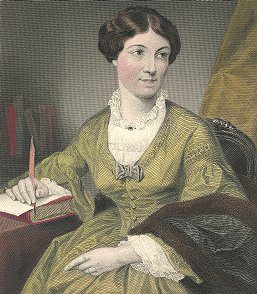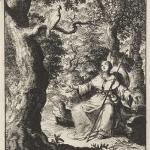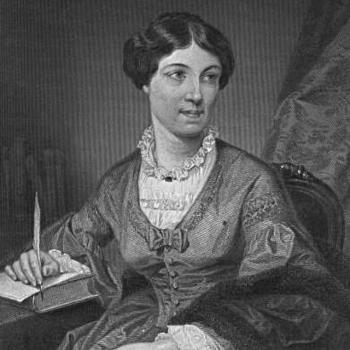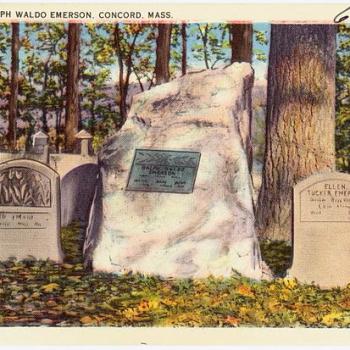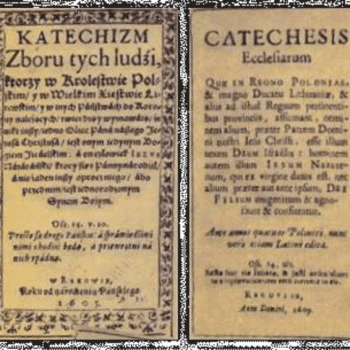Harriet Martineau, British novelist, lecturer, abolitionist and theological thinker was born on this day, the 12th of June, in 1802.
She’s always been a favorite of mine.
The family were active English Unitarians of Huguenot descent, her father a deacon at the famed Octagon Chapel in Norwich. The family was comfortably middle class.
As was common among Unitarians in that moment she was educated well beyond the cultural norms of the day. Of her eight siblings, her closest was James who would become a leading light of the Unitarian movement, occupying a space in English Unitarianism similar to William Ellery Channing in America.
Partially deaf from childhood, she was able to hear with an ear trumpet. Her sense of taste and smell were also compromised. Despite all this and with some luck in tutors and teachers as well as and no doubt principally with a fierce tenacity, she grew to become a formidable intellectual, one of the singular figures of her generation.
She wrote of herself that by fifteen she’d “become a political economist without knowing it.” This came to fruition in 1825 with the publication of her Illustrations of Political Economy. The book introduced the general public with the works of Thomas Malthus, James Mill, Adam Smith, and others. It is said this unlikely best seller outsold Dickens’ works at the time. With this and a lifetime of work following she is sometimes called the mother of Sociology.
Between 1834 and 1836 she traveled throughout the Americas. Her acerbic comments on the American nation, especially as regarded slavery, included Society in America and Retrospect of Western Travel did not endear her on this side of the Atlantic.
But she also made some lasting connections among the rising Transcendentalists. She in fact introduced Margaret Fuller to Ralph Waldo Emerson. Martineau is also credited with pushing the young and brilliant Fuller beyond her narrow early focus on women’s rights. Not losing sight of that, but seeing a bigger world. Which helped to make Fuller such an incredible figure in her own right. From her visit to America Harriet Martineau has been counted among the English Transcendentalists.
As a thinker Harriet was heavily influenced first by John Locke and the Unitarian scientist Joseph Priestly, seeing the world in naturalistic terms and the intimate relationship between who we are and our experiences and situations in life. She saw it essential to critically examine all assumptions, including religious. And she came to embrace the positivist philosophy of Auguste Compte, pushing her theological boundaries, and leading her to an early and controversial non-theist stance within Unitarianism.
An enormously interesting thinker and an important influence in the evolution of Unitarian thought.
Well worth remembering…


